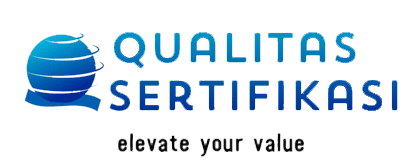Who Can Apply for the OBP Recycling Certification Subprogram?
The OBP (Ocean Bound Plastic) Recycling Certification Subprogram is an essential initiative designed to streamline and validate the plastic recycling process. This standard is applicable to any organization—whether for profit, not-for-profit, governmental, or non-governmental—that is currently involved in or seeks to enter the plastic recycling value chain.
The program spans from the initial purchase or reception of OBP from organizations certified against the OBP Collection Organization Standard, to the integration of recycled OBP into final products, catering to both business-to-business (B2B) and business-to-consumer (B2C) markets.
Here’s a closer look at the various types of organizations eligible to apply for the OBP Recycling Certification Subprogram:
Trader/Merchant Organizations
Trader or merchant organizations that concentrate and/or transport recyclable OBP, whether they perform minimal transformations such as washing, baling, or shredding, can apply. These organizations play a crucial role in the recycling supply chain by facilitating the movement and initial processing of OBP.
Recycled Polymer Production Organizations
Organizations involved in the production of recycled polymers are key candidates for this certification. These entities transform OBP into usable recycled polymers, which are then utilized in the manufacture of various plastic products. Certification helps ensure that the recycled polymers meet high standards of quality and sustainability.
Recycled Plastic Packaging or Goods Production Organizations
Manufacturers that produce recycled plastic packaging or other goods using recycled OBP are also eligible. This includes companies that create packaging materials, consumer goods, and industrial products from recycled plastic. The certification serves as a testament to their commitment to using recycled materials and supporting the circular economy.
Final Users of Products or Packaging Containing Recycled OBP
Businesses that use products or packaging made from recycled OBP in their operations or product offerings can seek certification as well. This group includes retailers, distributors, and other companies that incorporate recycled OBP into their supply chains, demonstrating their dedication to sustainability and responsible sourcing.
Trader/Merchant Organizations Dealing in Recycled OBP Products
In addition to organizations directly involved in recycling, trader or merchant organizations that buy and sell products containing recycled OBP are eligible. These businesses facilitate the distribution and availability of recycled OBP products in the market, thereby supporting the broader adoption of sustainable practices.
Why Certification Matters
Obtaining OBP Recycling Certification provides numerous benefits. It validates the organization’s commitment to environmental stewardship, enhances its credibility in the market, and can open up new business opportunities. Certified organizations are recognized as leaders in the sustainable management of plastic waste, contributing to the reduction of ocean-bound plastics and promoting a circular economy.
In conclusion, the OBP Recycling Certification Subprogram is accessible to a wide range of organizations across the plastic recycling value chain. Whether you’re a trader, manufacturer, or end-user, certification can significantly bolster your sustainability efforts and position you as a responsible player in the fight against plastic pollution.
If you want to learn more about the OBP Recycling Certification Subprogram, please visit our website or have a chat with us now!
Recent posts
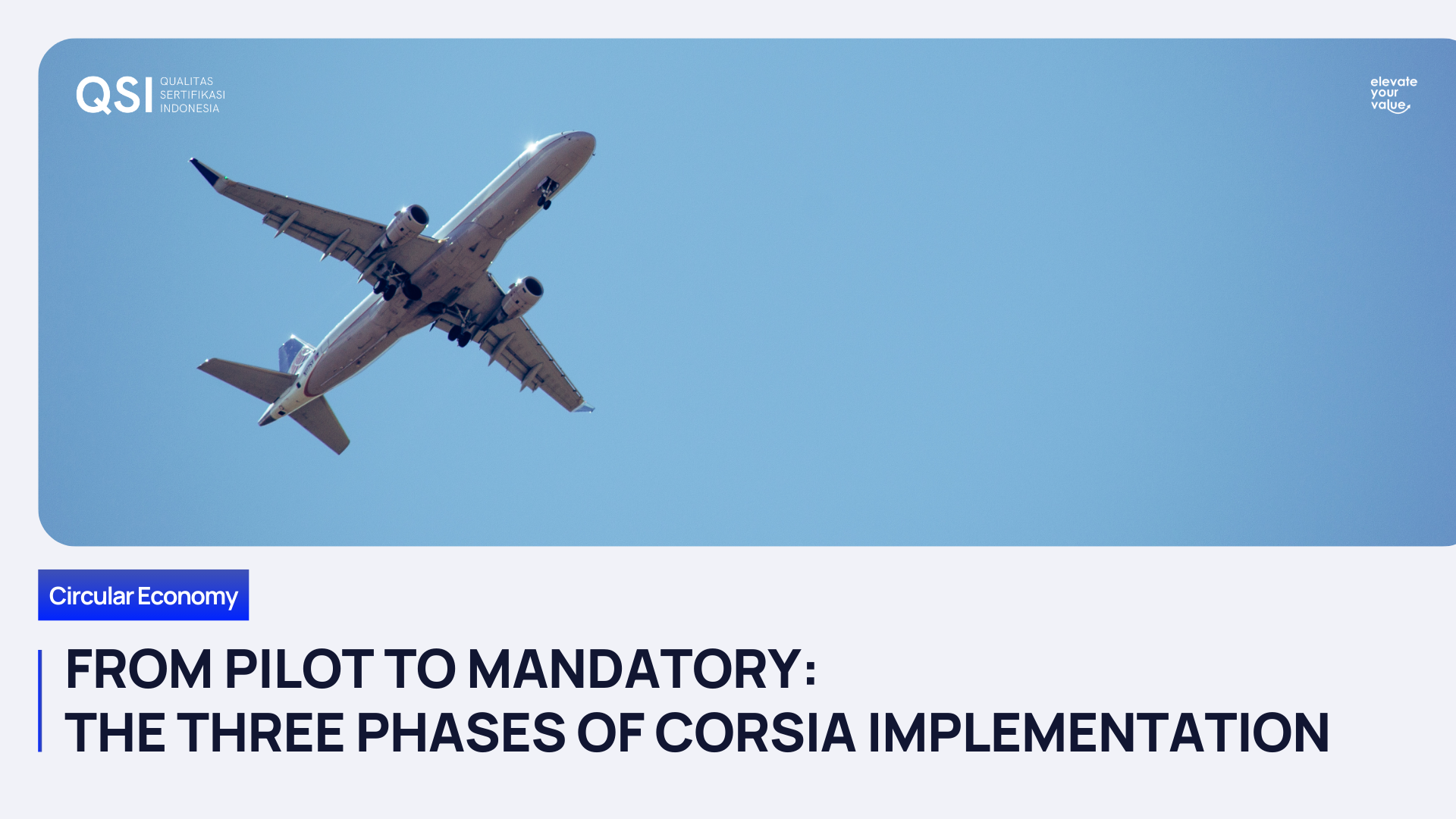
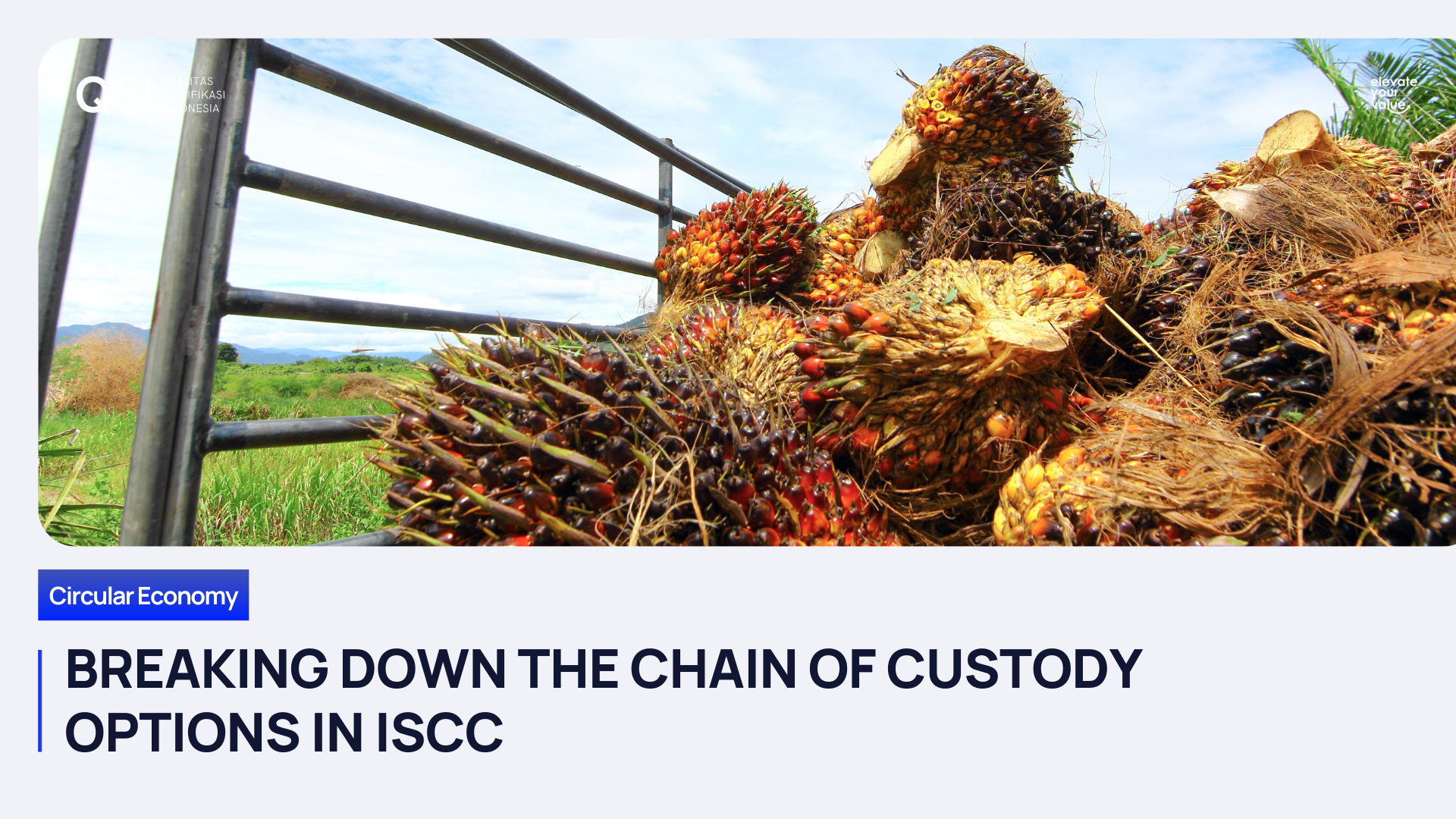
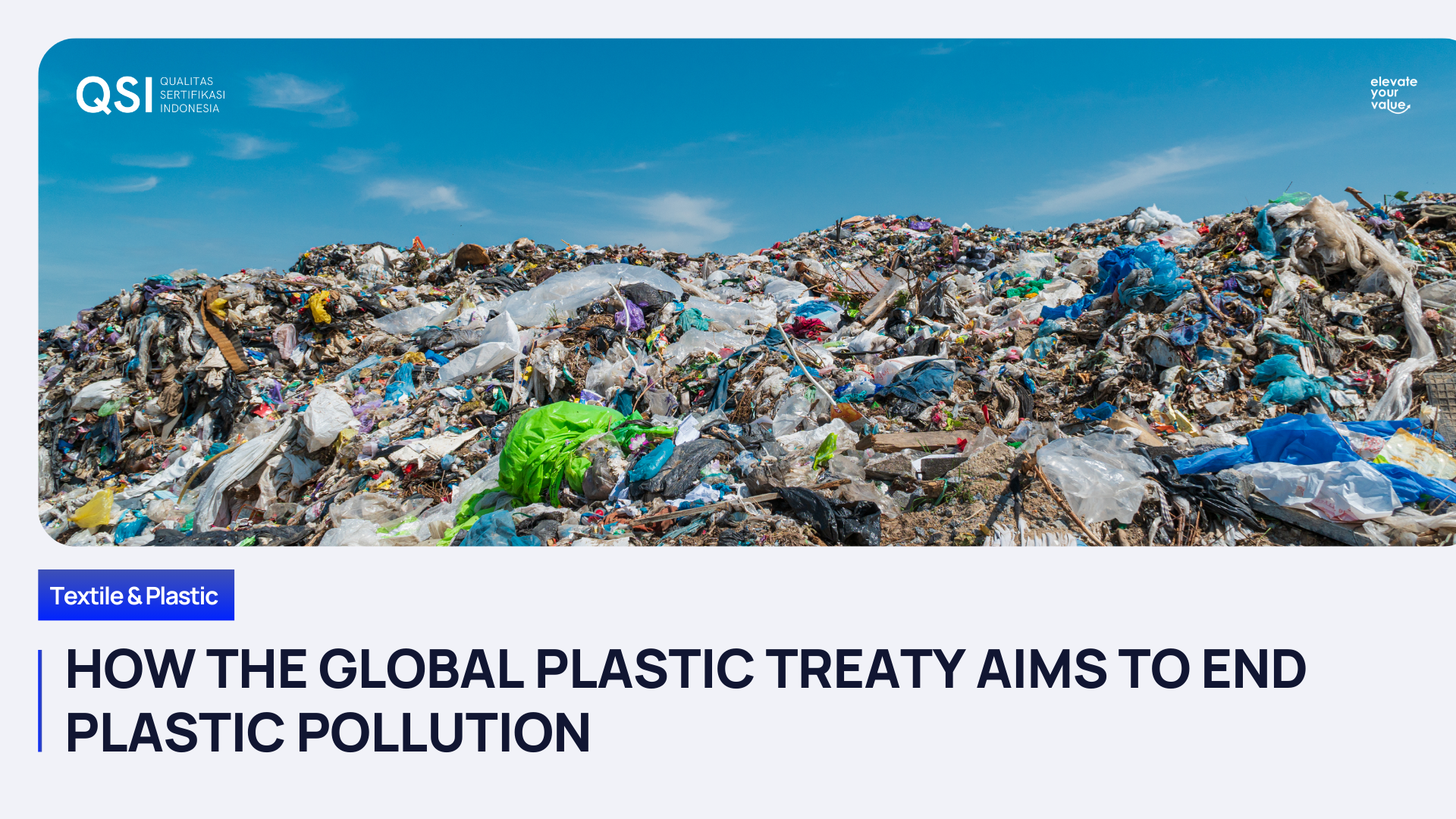
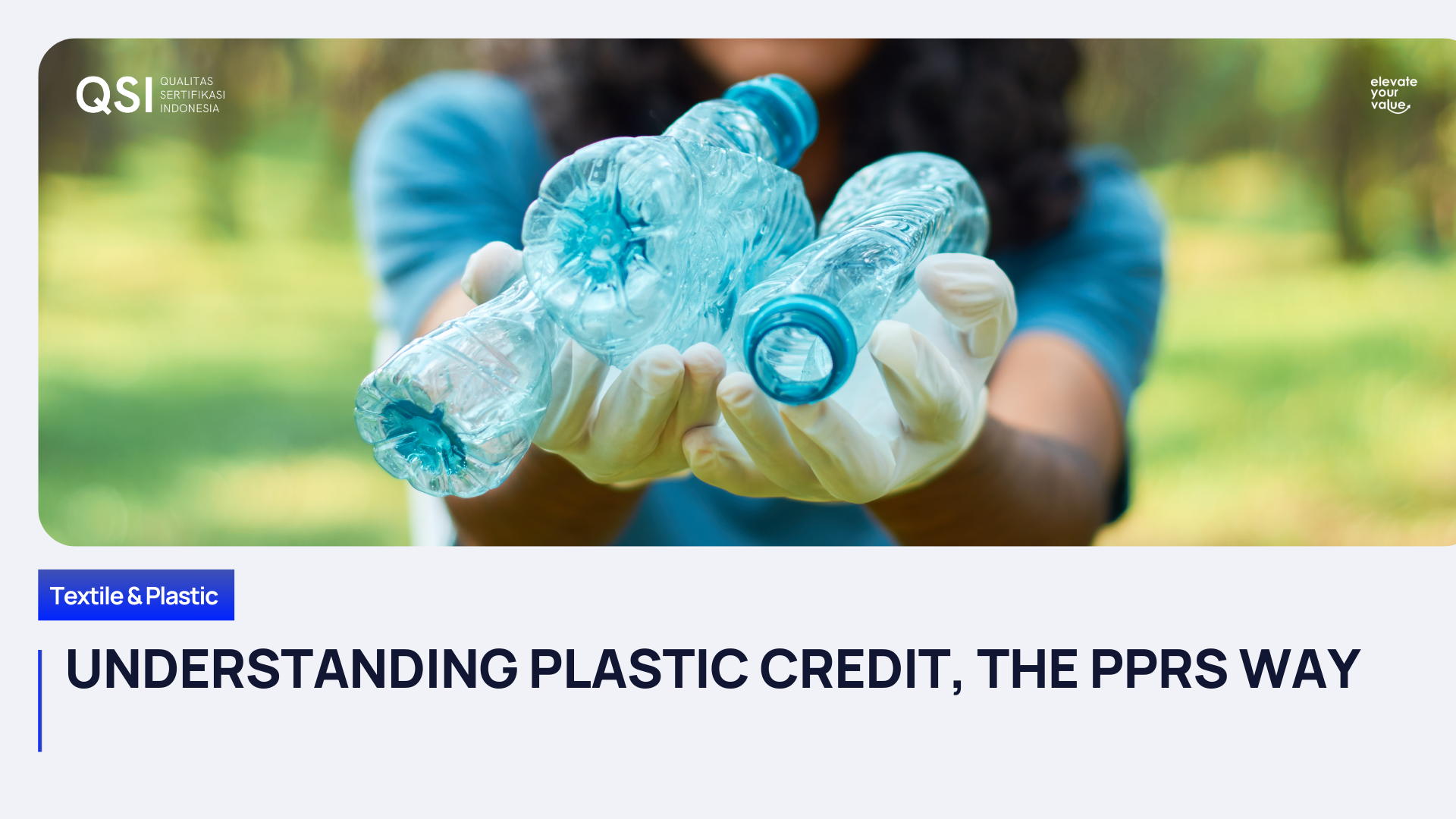
Drop us a line
Contact Us
We will get back to you as soon as possible.
Please try again later.
Share



General Inquiries
Phone
+62 21 2949 1946
Headquarter
The CEO Building, Level 12th
Jl. TB Simatupang No. 18C
Cilandak Barat, Cilandak
Jakarta Selatan, DKI Jakarta 12430
Indonesia
Operational
Menara Sun Life, 7th Floor
Jl. Dr. Ide Anak Agung Gde Agung Blok 6.3
Kuningan Timur, Setiabudi
Jakarta Selatan, DKI Jakarta 12950
Indonesia
Programs
Quick Links
Qualitas Sertifikasi Indonesia
PT Qualitas Sertifikasi Indonesia
